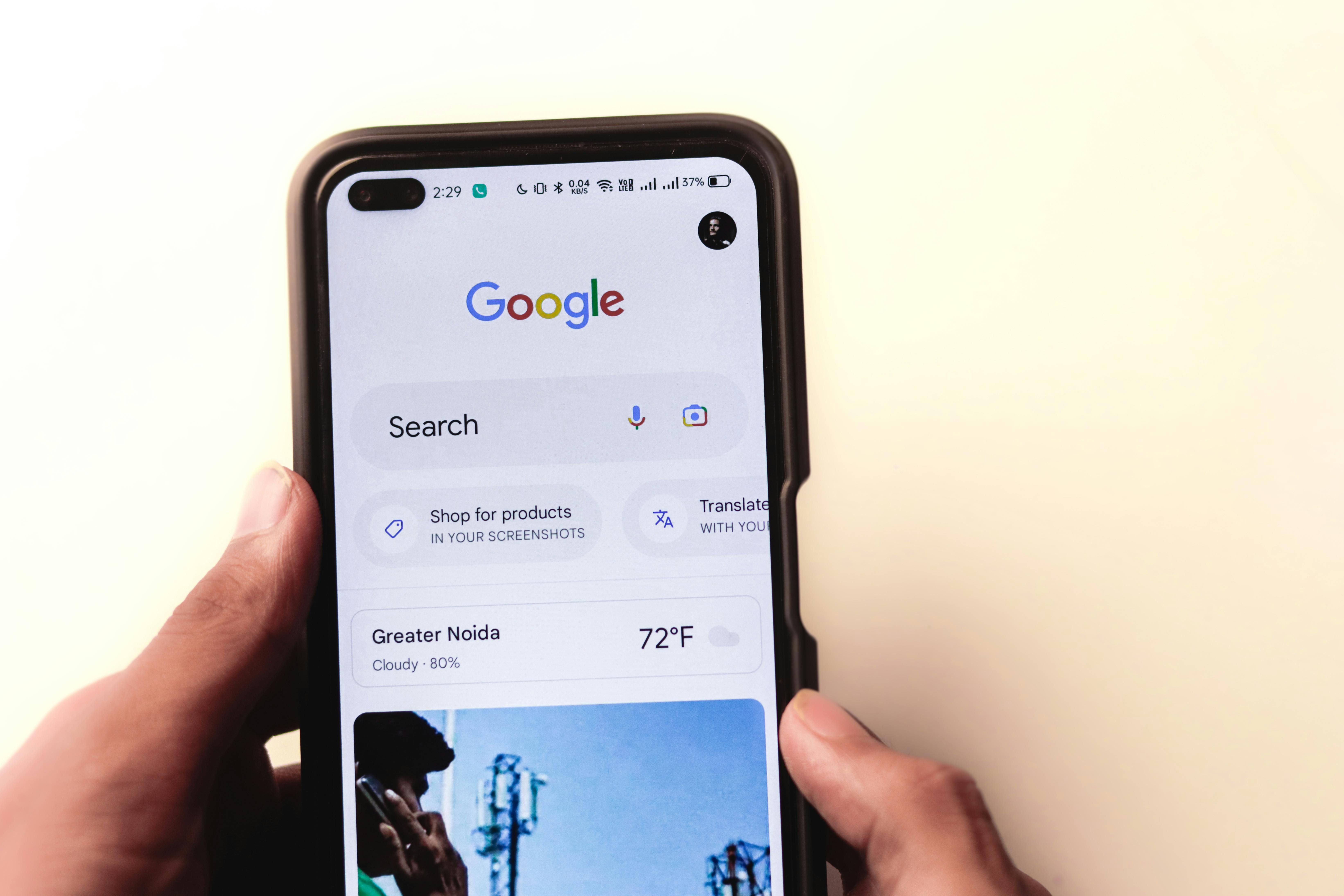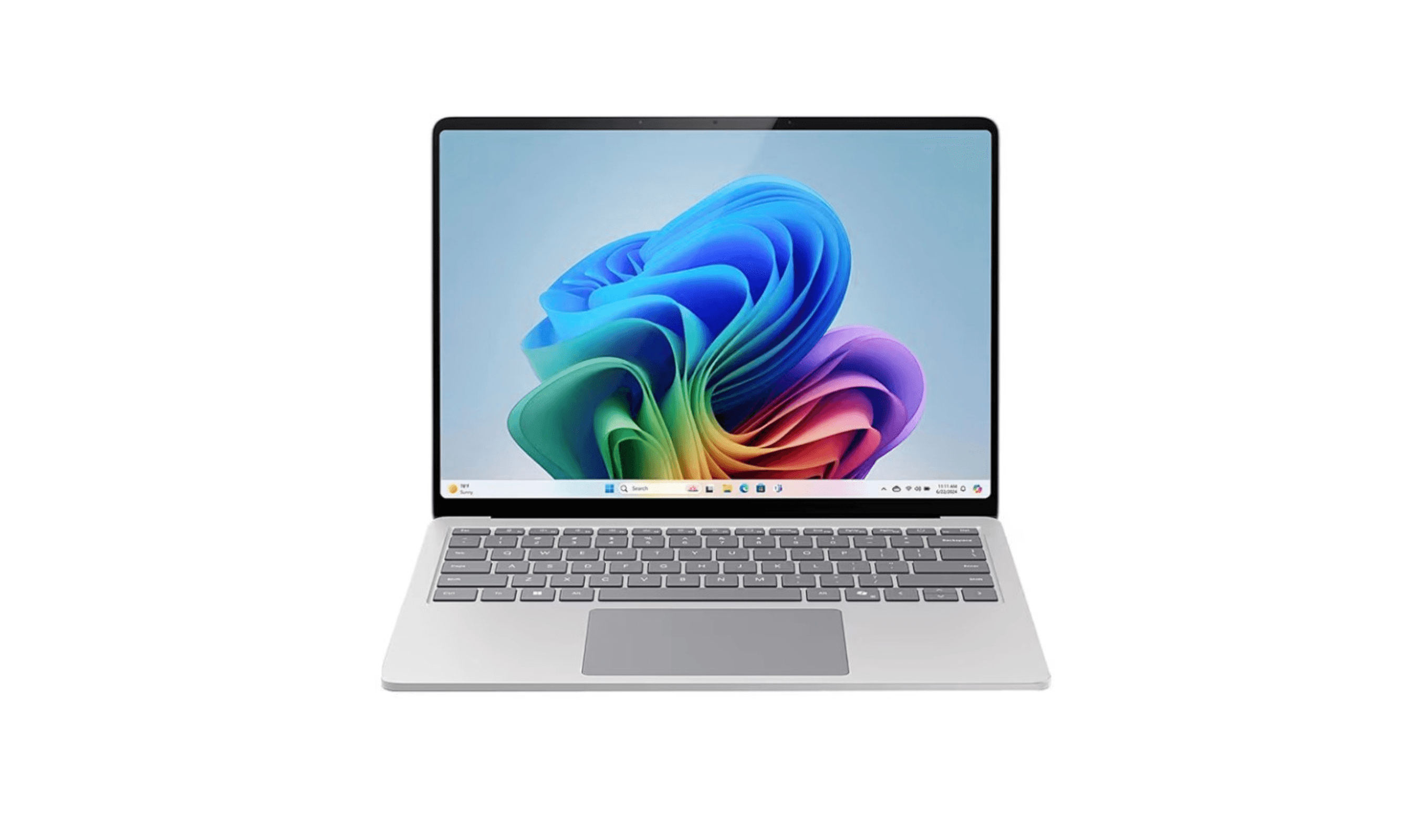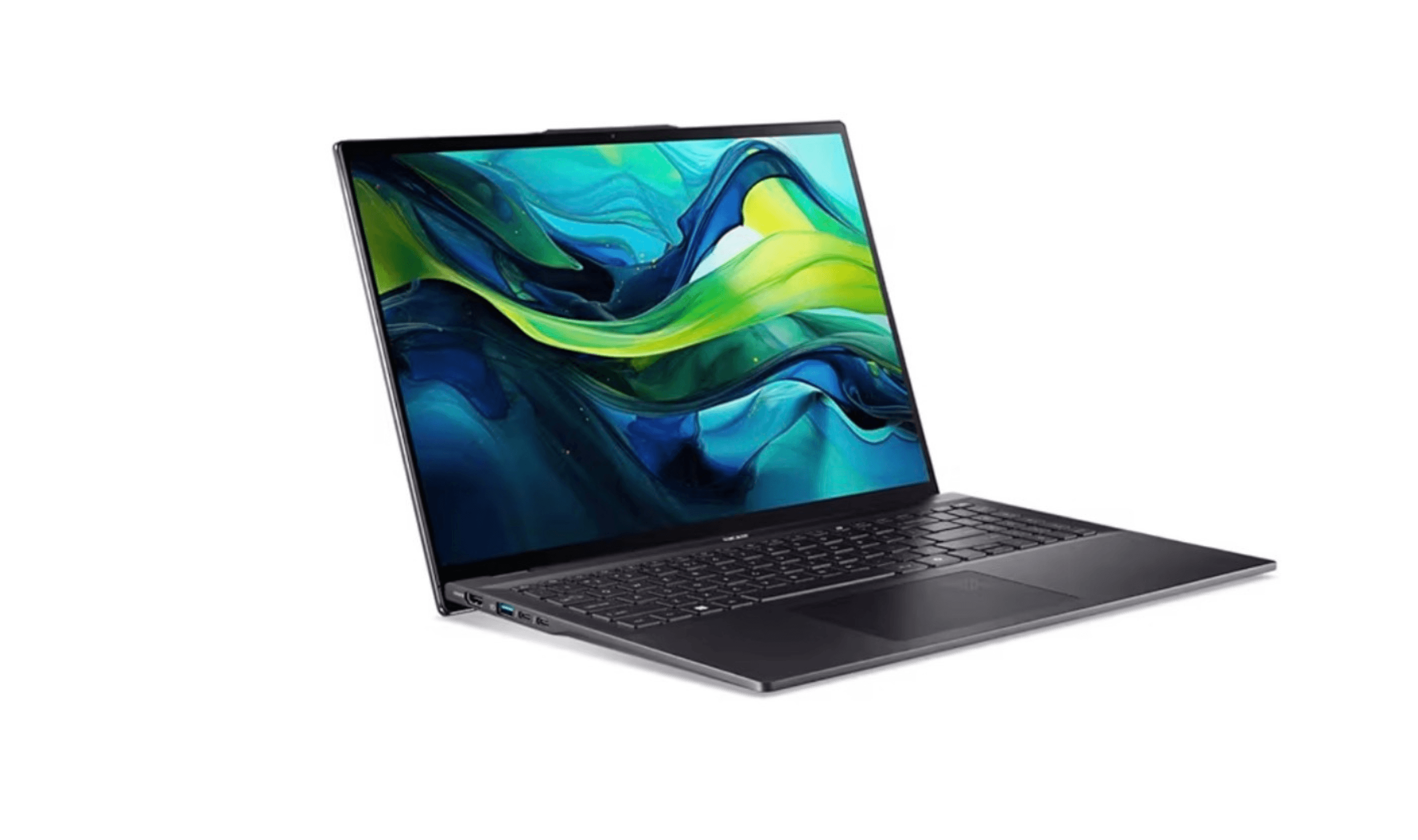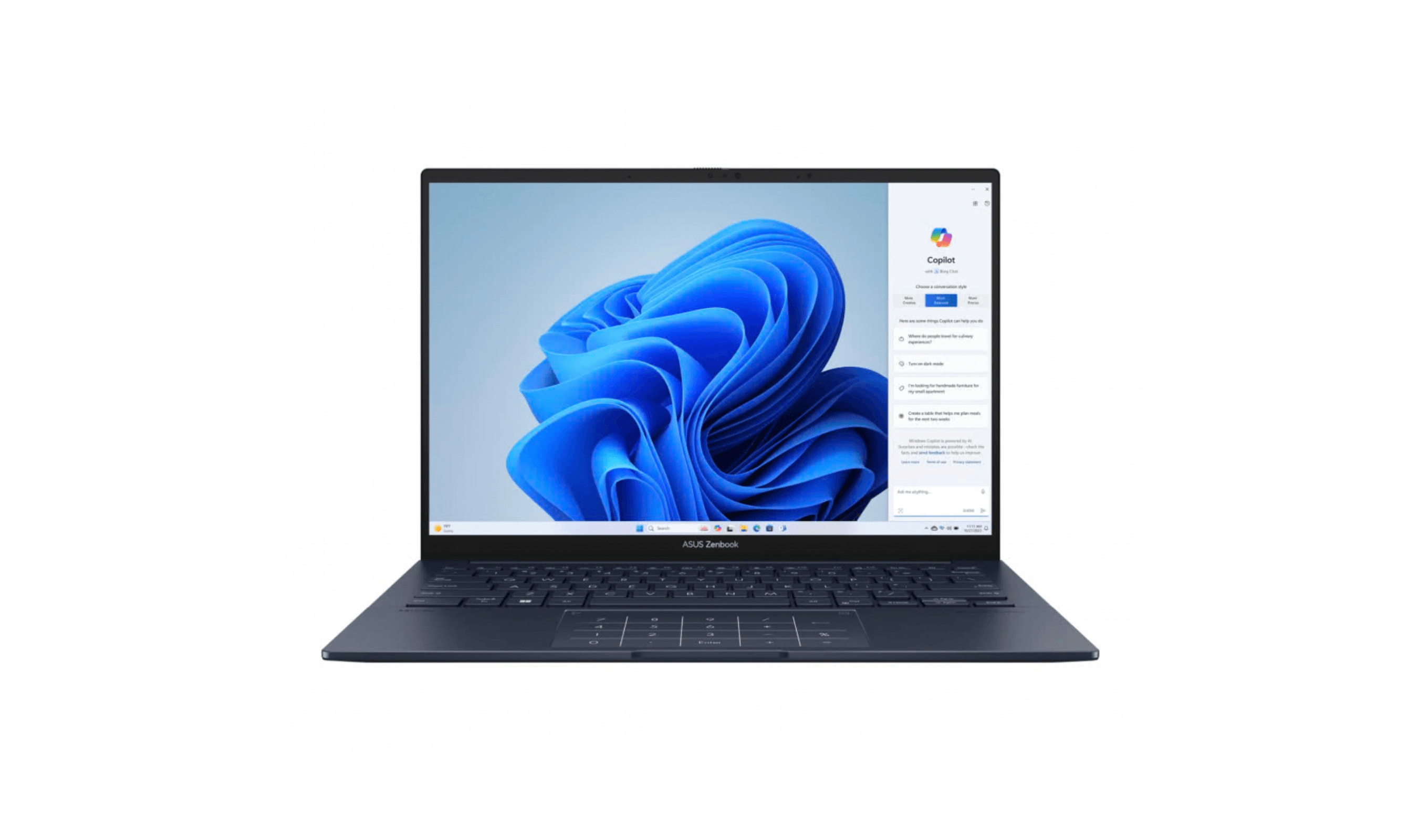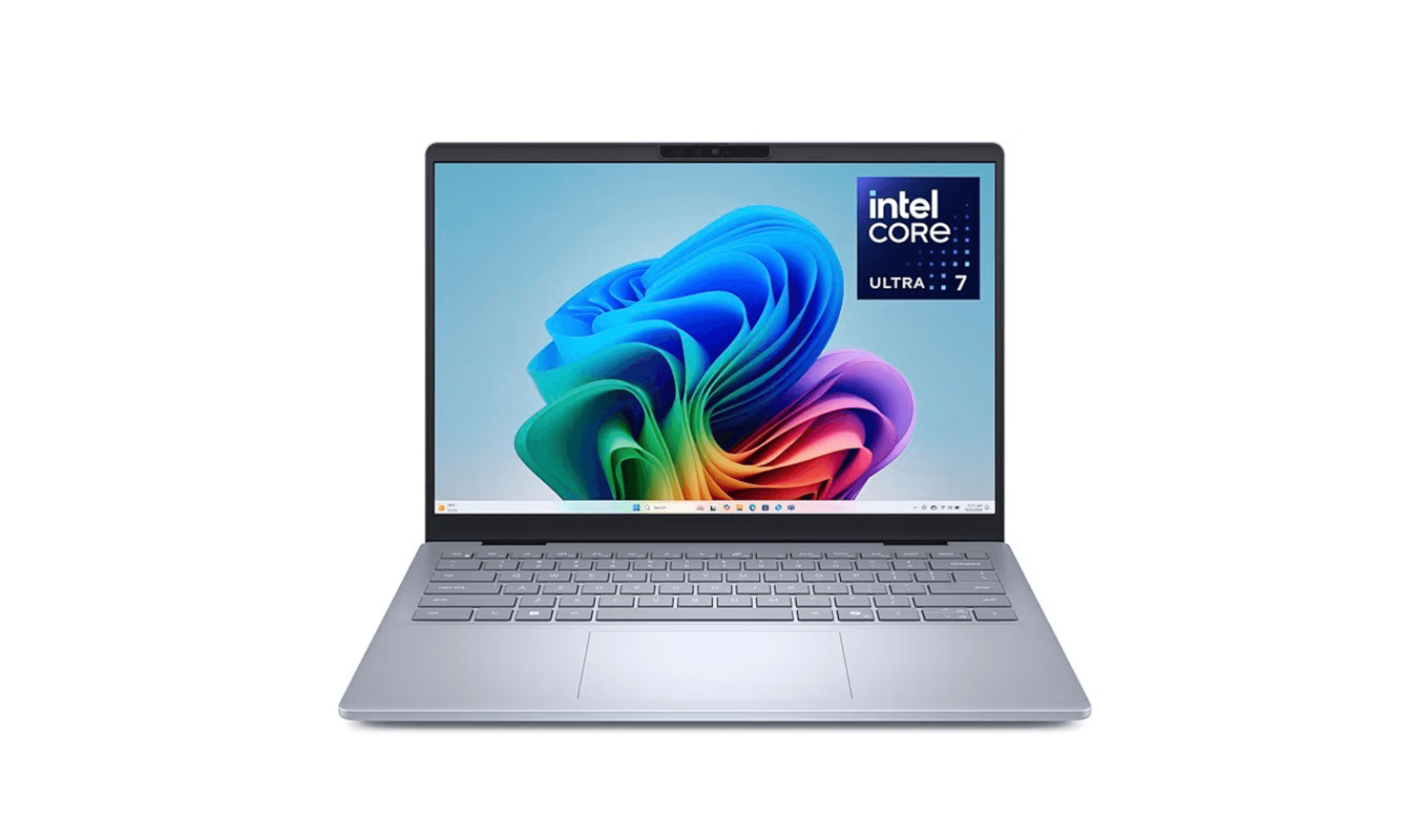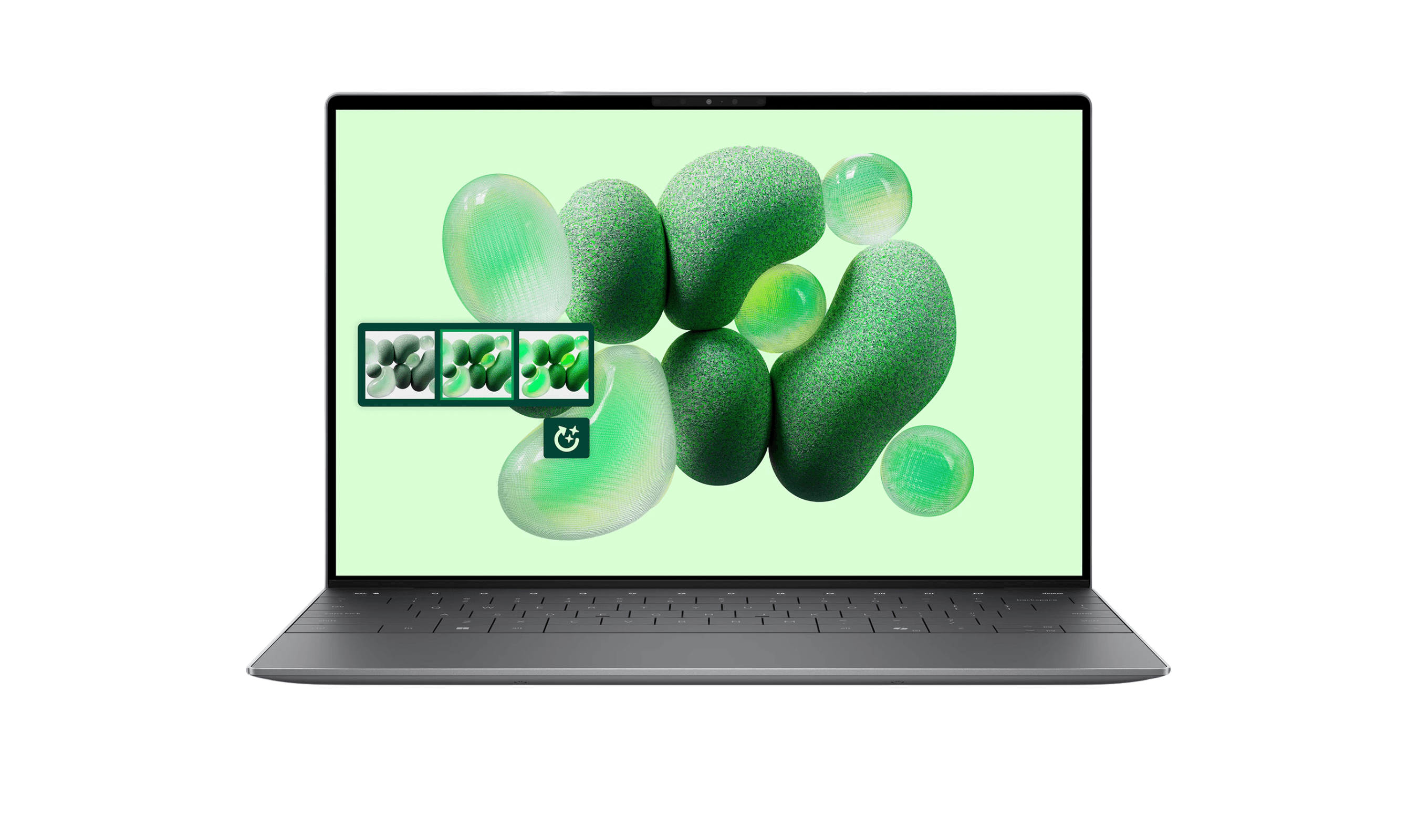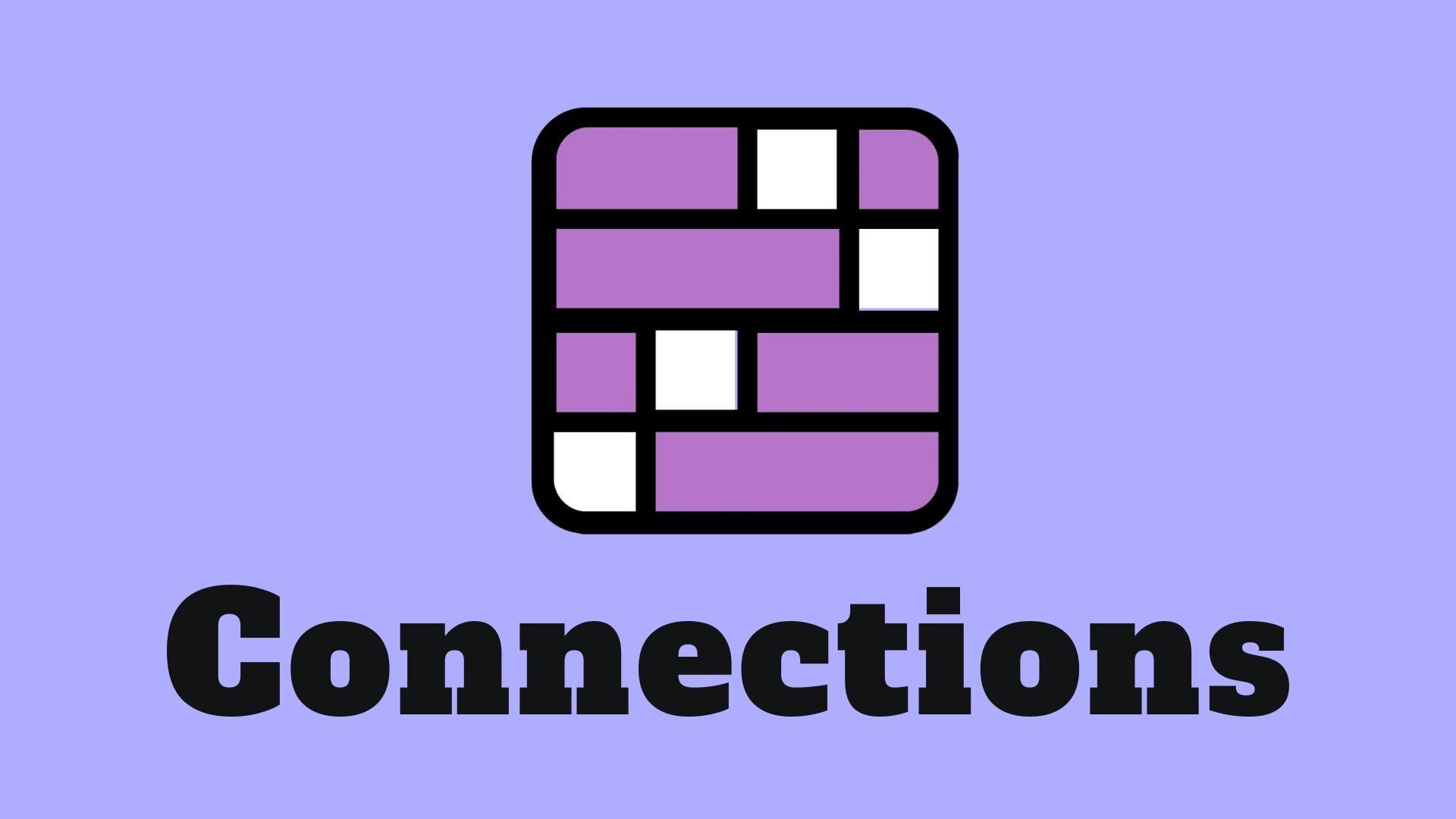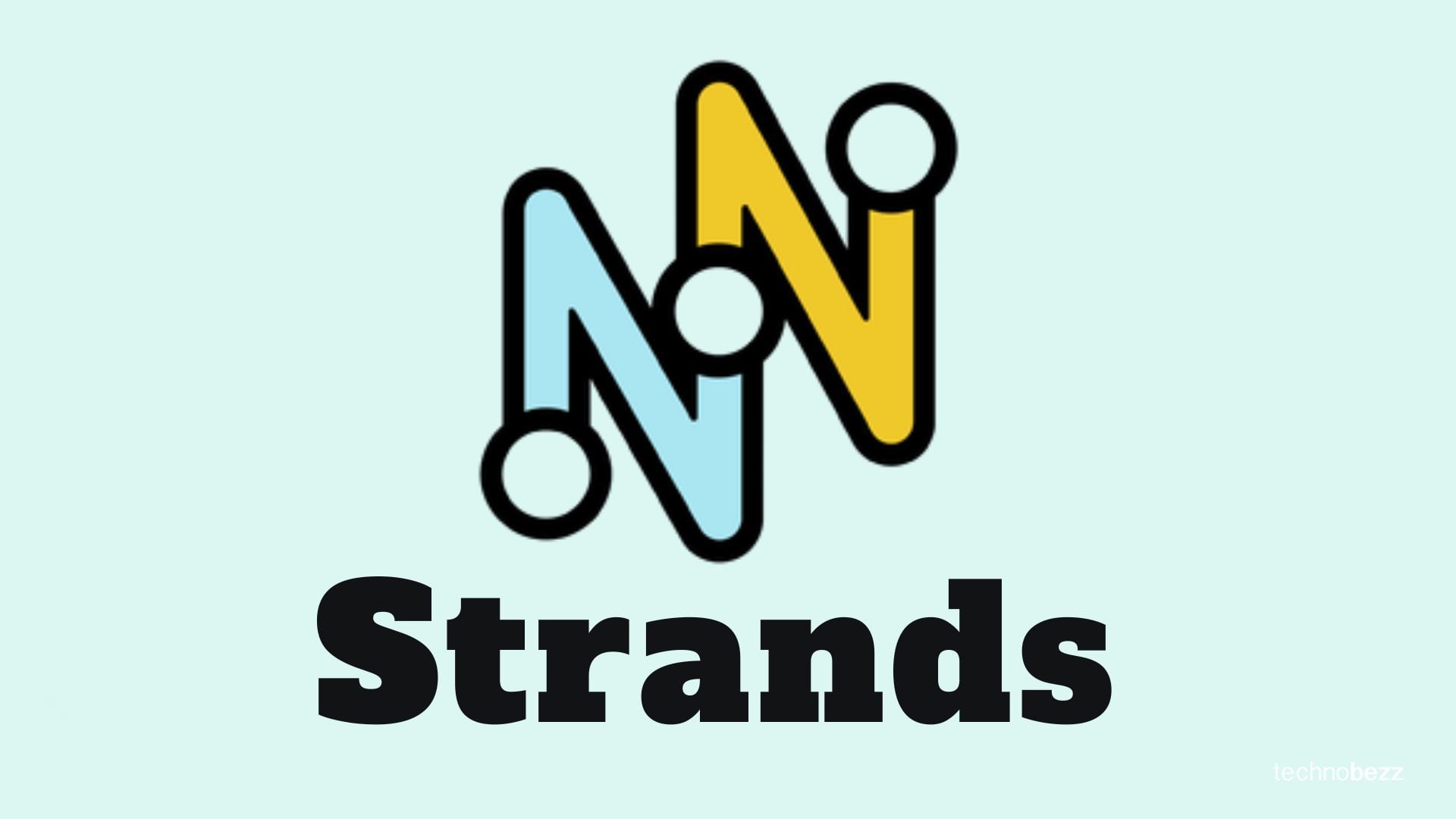Your Android phone is about to get a little less Android-y. Google just announced that starting September 2026, every single app you install needs to come from a developer who's jumped through Google's verification hoops. No exceptions.
This isn't some minor security update buried in patch notes. This is Google fundamentally changing how Android works, and the implications ripple far beyond what most people realize.
The New Rules of the Game
Starting next year, Android will require all apps to be registered by verified developers before they can be installed on certified Android devices. Think of it like airport security, Google says. They're checking the developer's ID, not the app's contents. Sounds reasonable, right?
The rollout begins with early access in October 2025, opens to all developers in March 2026, and becomes mandatory in Brazil, Indonesia, Singapore, and Thailand by September 2026. After that, it goes global.
Google's justification is compelling on paper. Their research shows that apps from internet sideloading sources contain over 50 times more malware than Google Play apps. Since implementing similar verification on Google Play in 2023, they've seen real results in stopping bad actors who exploit anonymity to distribute malware and commit financial fraud.
But here's where things get interesting.
Every developer now needs to register with Google through a dedicated Android Developer Console, providing personal identifying information like legal name, address, and phone number. Even hobbyist and student developers get their own separate system, but they still have to hand over personal details to Google.
This creates what critics are calling a choke point. F-Droid, the beloved open-source app repository, relies heavily on independent developers. Many of these contributors work pseudonymously or simply don't want to share personal information with Google. The barrier of verification could mean fewer apps available outside Google's ecosystem.
The irony is hard to ignore. Android was born as an open-source project that wasn't originally Google's. It became the poster child for mobile freedom, the antithesis of Apple's walled garden. Now Google is building walls of its own, just with different architectural choices.
The Security Theater Question
Google's security argument isn't wrong, but it's incomplete. Yes, malicious apps exist in the wild. Yes, verification can help catch repeat offenders. But sophisticated threats like Pegasus have bypassed Android's security measures for years, verification or not. Meanwhile, legitimate use cases get caught in the crossfire.
Think about the developer who creates a niche app for their local community, or the security researcher who needs to distribute testing tools, or the privacy advocate building alternatives to mainstream apps. These aren't the people spreading malware, but they're the ones who'll struggle most with verification requirements.
The petition against these changes has gained traction, with developers arguing that requiring personal identification documents just to install an app outside Google Play crosses a fundamental line. As one developer put it: "The phone you bought and paid for is no longer really yours."
Let's be honest about what's really happening here. Android powers over 70% of smartphones worldwide, giving Google unprecedented influence over billions of devices. Every app that moves from sideloading to Google Play means more data, more ad revenue, and more control for Google.
Even organizations like the Brazilian Federation of Banks and Indonesia's Ministry of Communications have praised the move as a "balanced approach." But balance for whom? When you control the platform, the definitions of balance tend to work in your favor.
GrapheneOS developers are already contemplating contingency plans, including potentially forking AOSP and creating their own devices if verification requirements become too restrictive. That's not panic, it's pragmatism from people who understand what's at stake.
What This Means for You
If you're a casual Android user who sticks to Google Play, you might not notice much change initially. But the ecosystem you're part of is quietly becoming less diverse, less innovative, and more centralized.
For developers, especially those building privacy-focused or niche applications, the calculation just changed. Do you reveal your identity to Google to reach Android users? Do you abandon the platform? Do you find workarounds that may or may not survive future policy changes?
For Android itself, this represents an inflection point. The platform built on openness is choosing security and corporate control over user freedom. Whether that trade-off proves worthwhile depends entirely on which side of the verification process you're on.
The changes don't take full effect until 2026, but the precedent is being set now. In a world where Apple is being forced to open up and allow sideloading in the EU, Google is moving in the opposite direction globally. The mobile landscape is shifting, and not necessarily toward more choice.
Your phone's freedom just got a little more complicated. The question is whether that complexity serves your interests or Google's.



